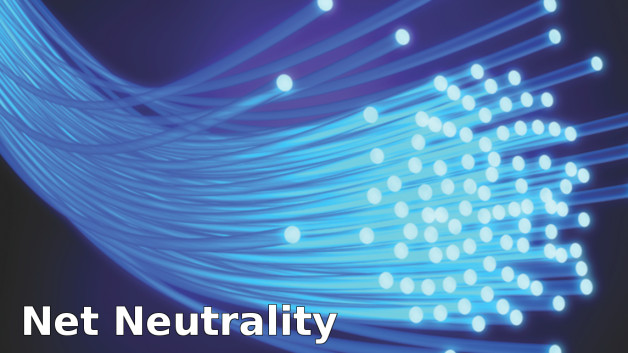The Netherlands became the first European nation to enact legislation that protects Internet neutrality (i.e., “net neutrality”) in late June 2011. In doing so, the Netherlands joined Chile as one of only two nations to enact such legislation. Although net neutrality has been the subject of a seemingly fruitless debate for several years, the enactment of this new law may accelerate legislative decisions in other European countries.
The subject of net neutrality has been a hot button issue of governments and internet service providers (ISPs) for quite some time, but the average consumer seems fairly unaware of its meaning or potential impact. Ironically, of all of the participants involved in the debate, the average consumer may be the most affected party. The outcome of this debate could affect the way that we all use Internet services—and, more importantly, how much we pay to use them! Thus, I think that it is important that we define the subject and underscore its relevance to our everyday lives.
What Is Net Neutrality?
The Internet is brimming with very precise, yet entirely unhelpful descriptions of net neutrality. Allow me to explain it a little more simply. In a nutshell, the debate revolves around the question of whether ISPs should be able to make you pay to use certain Internet applications and services. For example, should ISPs be able charge you to use Skype? Skype conversations take place on Internet infrastructure that is owned by IPSs, but the use of Skype is free for consumers. Should ISPs be allowed to restrict your access to Skype unless you pay for the service? The answer, according to net neutrality proponents, is “no.”
Generally speaking, most Westernized governments and consumers seem to support net neutrality. However, critics of net neutrality believe that it may hurt consumers in the long run by discouraging ingenuity and technological advancement. It’s too simple to make this debate solely about money. Rather, it is important to understand the perspectives of both proponents and opponents of net neutrality.
What Do Opponents Say?
Not surprisingly, ISPs and other telecommunications companies constitute the primary critics of net neutrality. However, as noted above, their disagreement is only partly about their net profits. First of all, they believe that they should be allowed to charge extra for certain services when Internet traffic is routed through their networks, because they invested the resources needed to develop and maintain their networks in the first place. Without their investments, the Internet would not exist as it does today. Secondly, they argue that net neutrality laws will discourage future innovation, because network development will be viewed as a liability rather than an investment.
Frankly, there is some truth in these arguments. The history of telecommunications teaches us that innovations have typically been profit-driven. Without getting too technical, the reason that telecoms developed GSM and 3G cell phone service is because it was cheaper than 2G service. If 2G service had been a less expensive method, we may have never advanced to 3G, even though 3G is considerably faster. Thus, when ISPs argue that net neutrality may discourage technological innovation, they may be correct.
What Do Proponents Say?
In contrast, most governmental parties and other proponents of net neutrality view the debate as an issue of human rights. The European Commission, the European parliament, and the Council of Europe, for example, all believe that free and unbridled access to information (i.e., the Internet) is a fundamental human right. Moreover, from an economic perspective, proponents believe that allowing ISPs to limit Internet access or bandwidth will essentially be giving these companies the ability to create artificial scarcity in the market, which will drive up the prices of their services. In other words, proponents feel that the access to the Internet must be neutral for the sake of the free market and to prevent a monopolization of the Internet. Finally, from a consumer’s perspective, net neutrality will probably ensure that the Internet remains pretty inexpensive.
What’s Next?
As mentioned above, most Westernized governments firmly support net neutrality, but few have taken strong steps to enforce it. Will the new Dutch law encourage other European nations to follow suit? It’s hard to say for certain. Telecommunications companies are strong opponents and stand to lose a lot of potential revenue if net neutrality becomes the legal standard. Either way, I hope that this article has helped inform you of the terms of the debate, the issues at stake, and the potential implications for your daily life.
